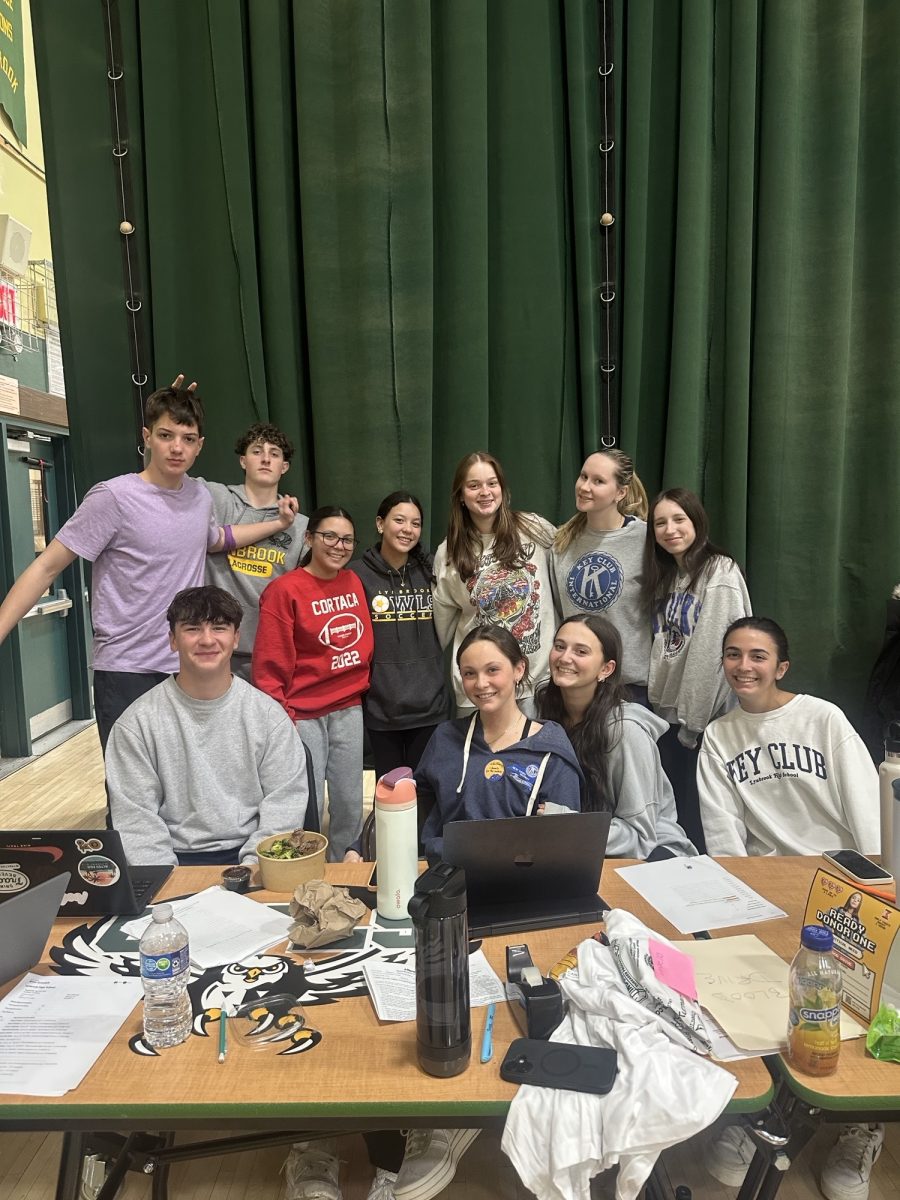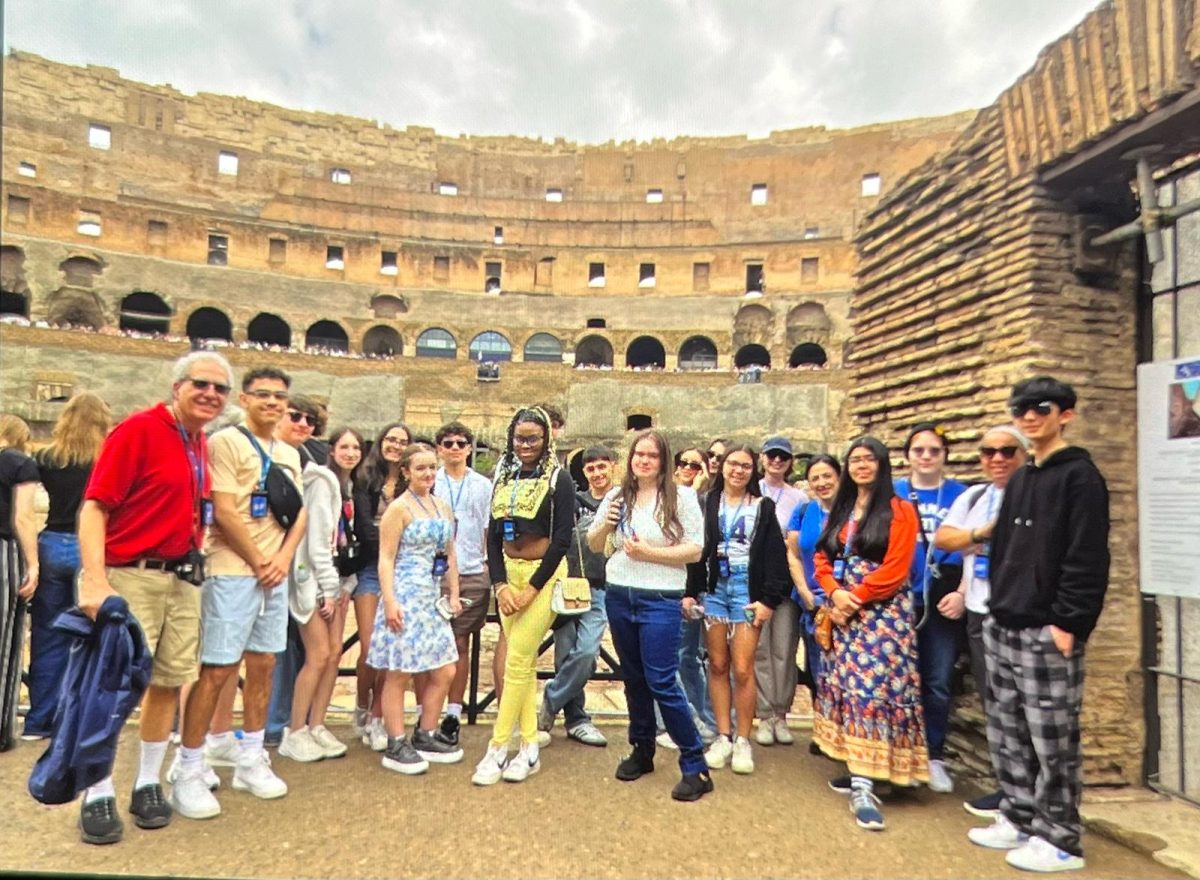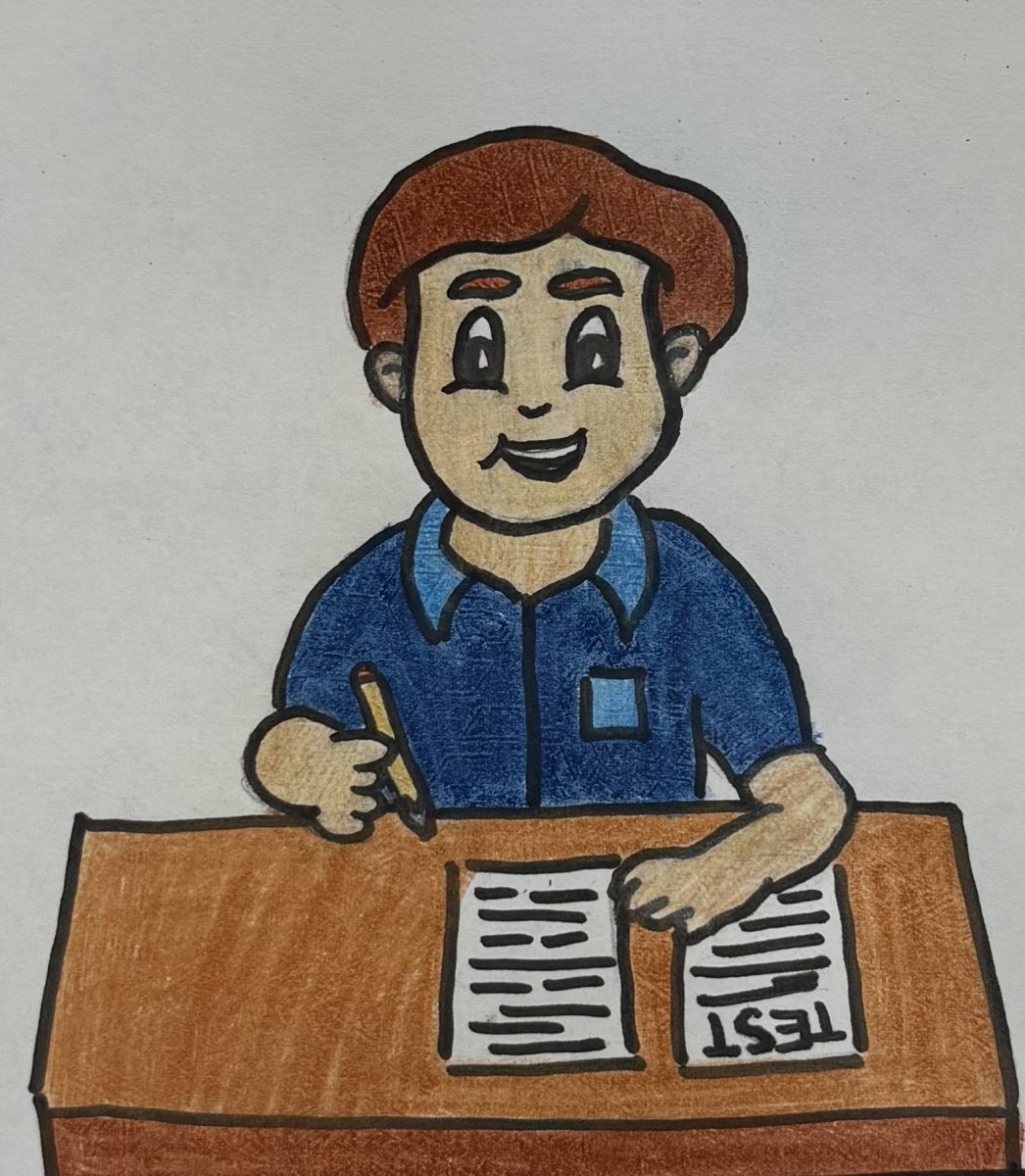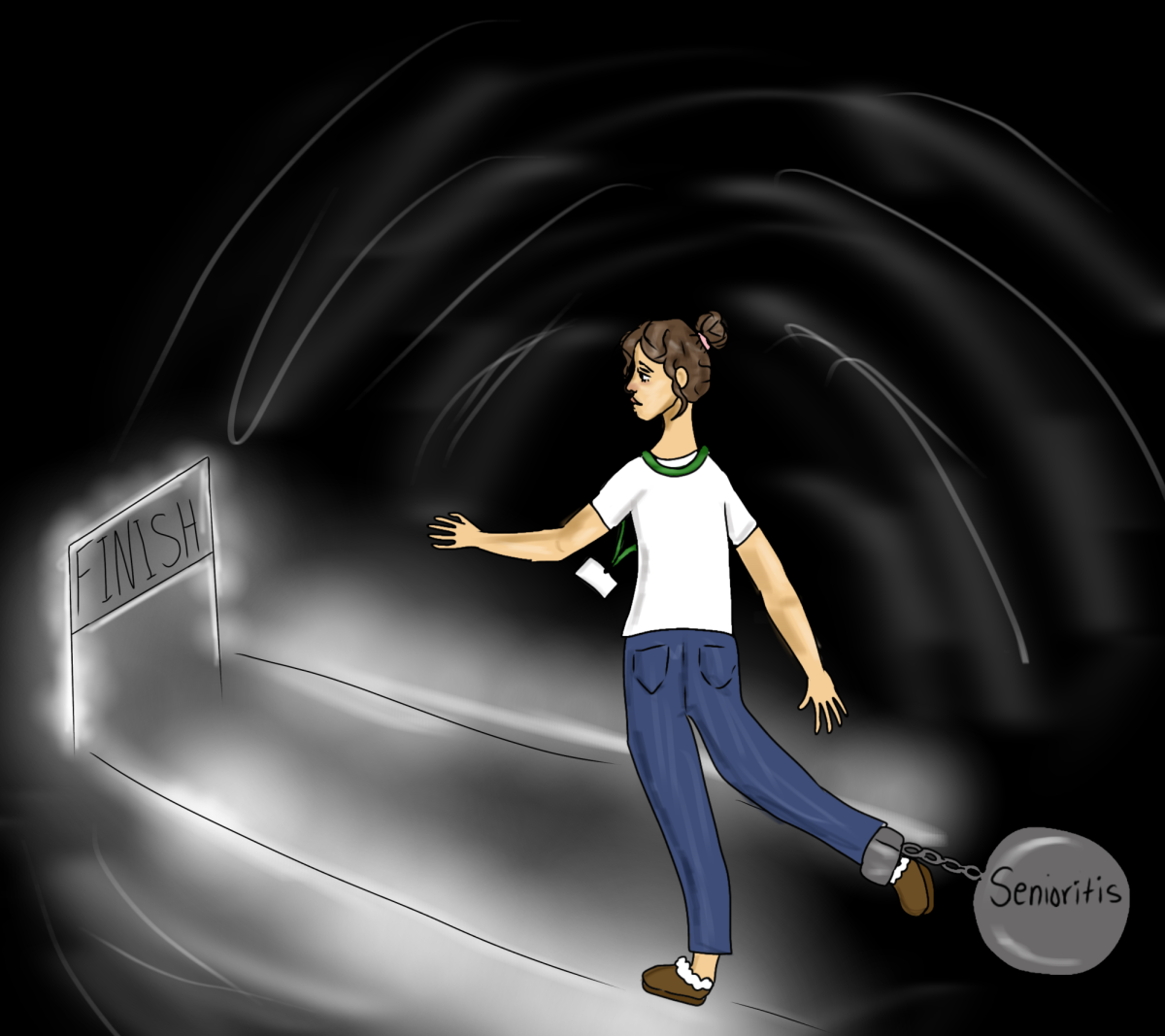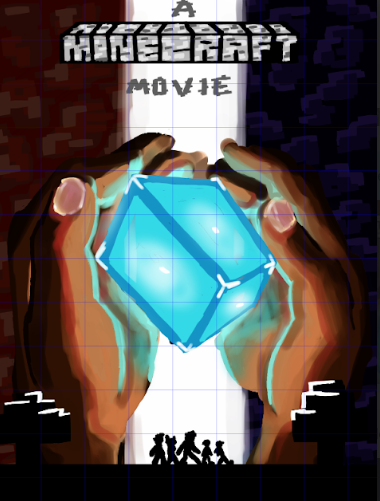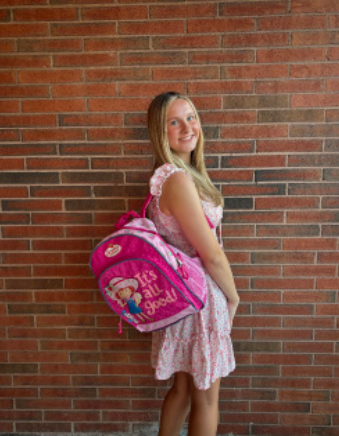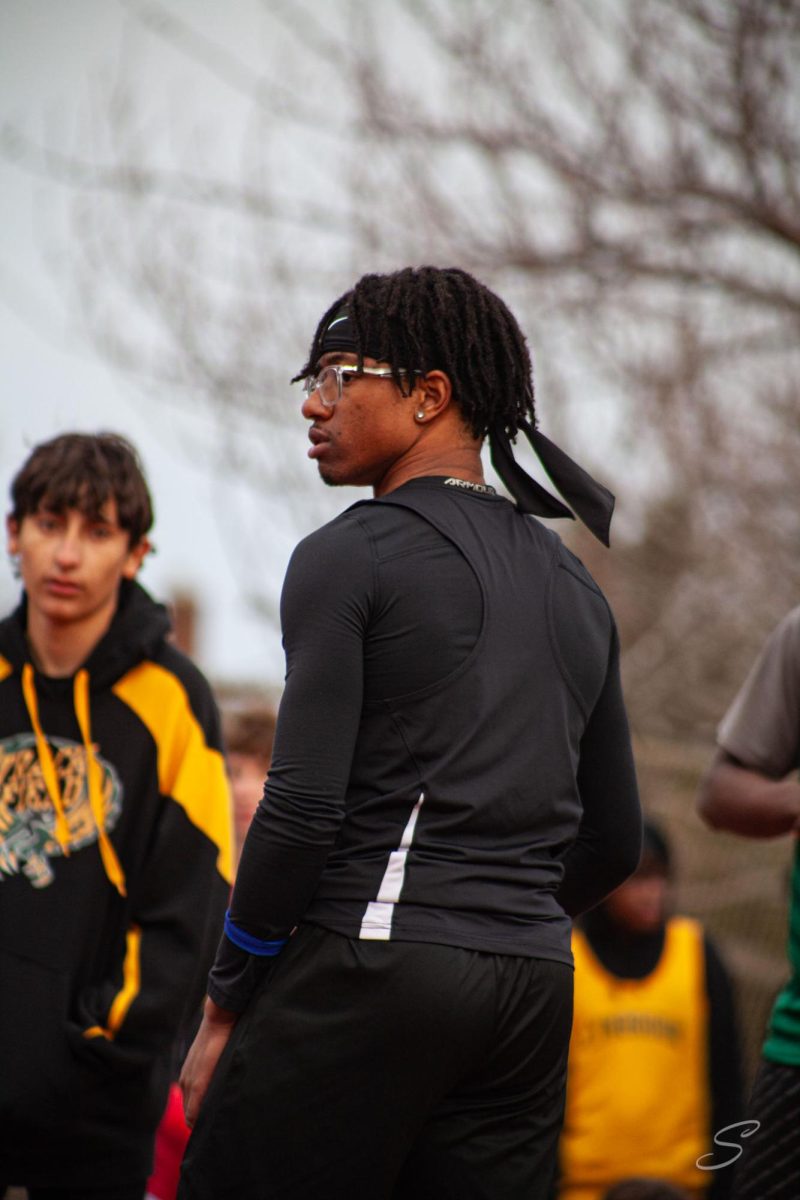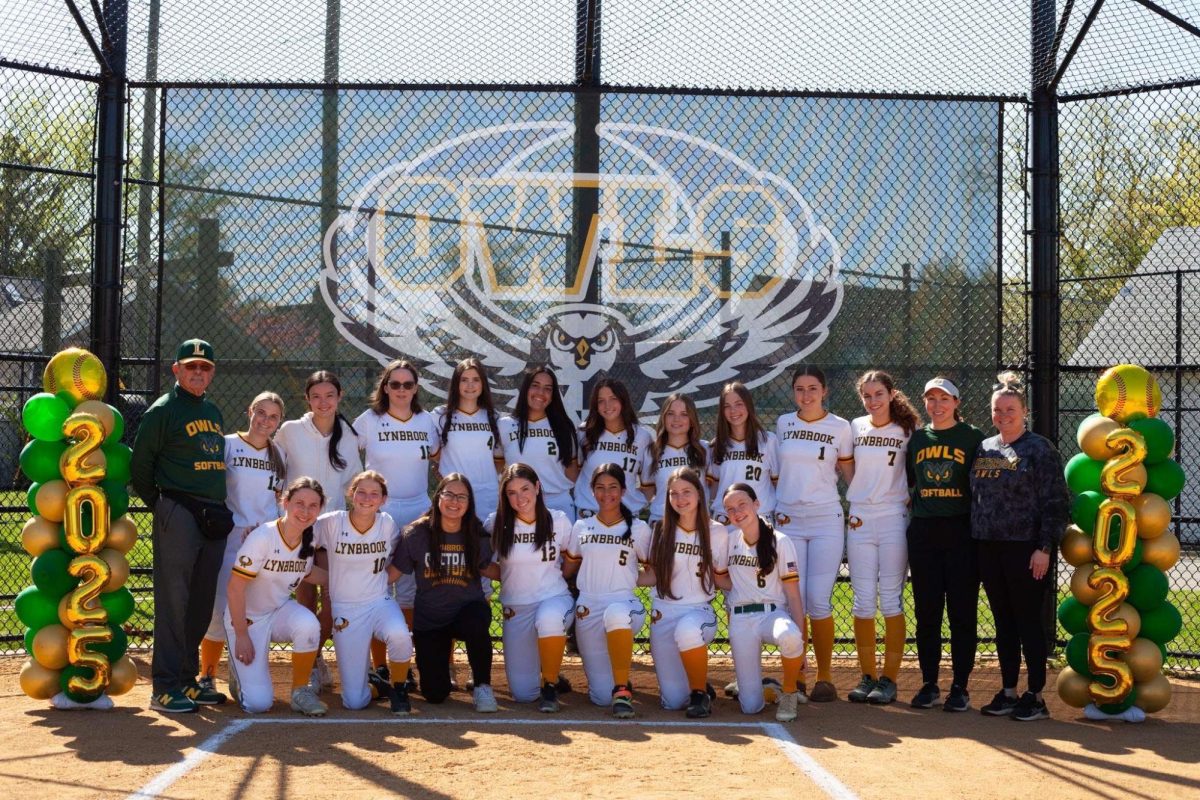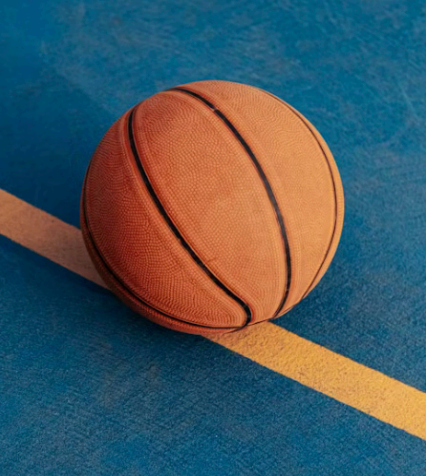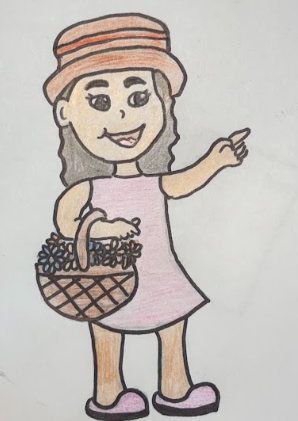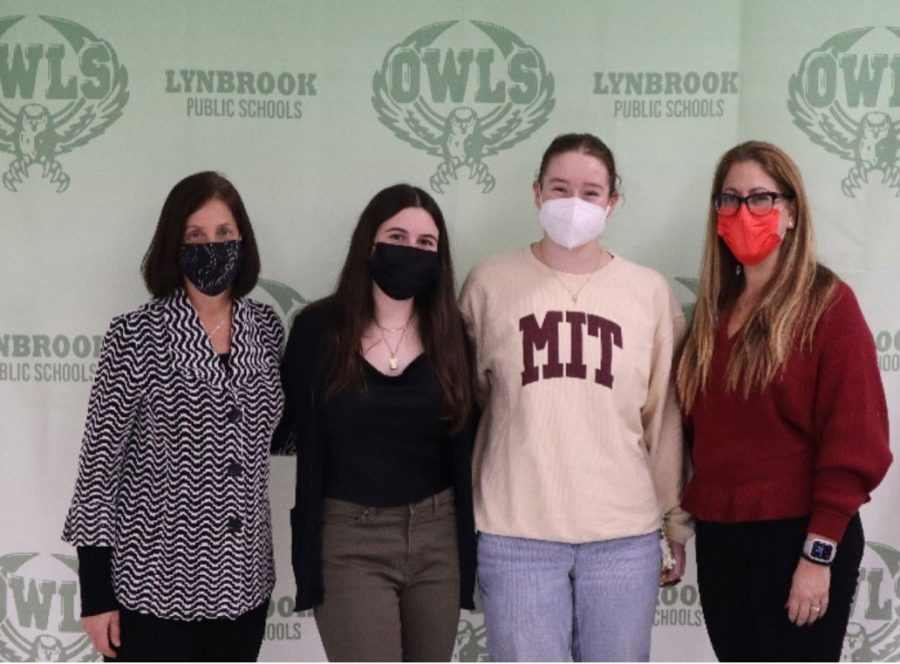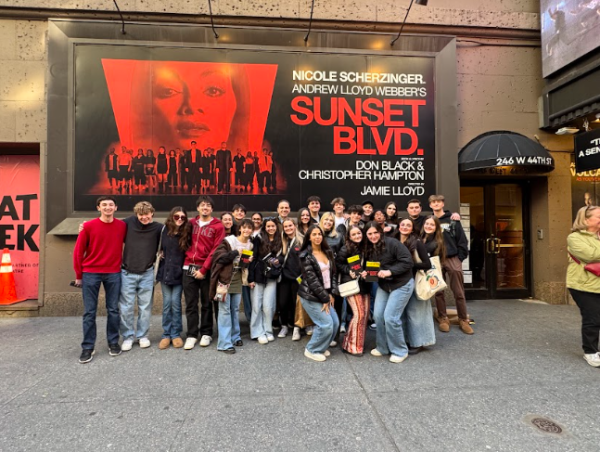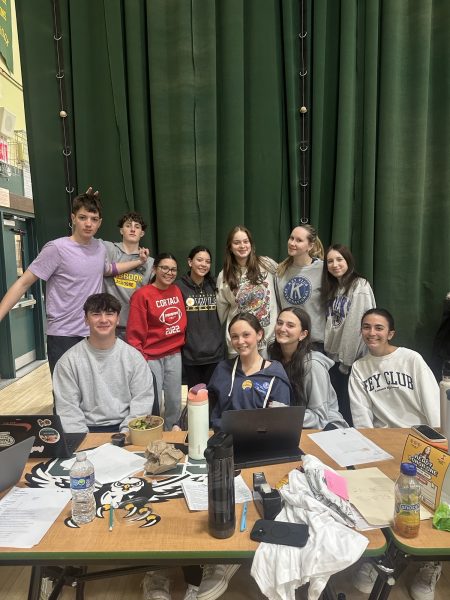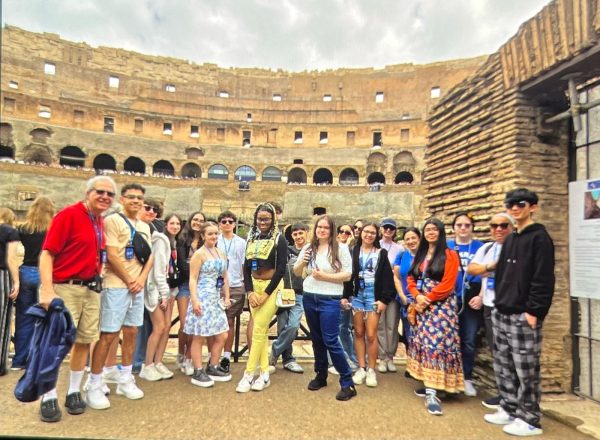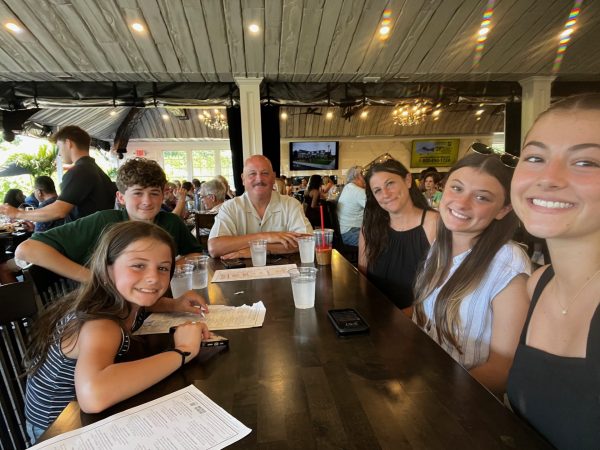Sophomores Selected as Finalists in National Science Competition
Sophomores Nora Kane and Caroline Larow were recently honored at a Board of Education (BOE) meeting for placing as finalists in the 2021 ArcGIS Challenge for Restoring Our Ocean. The competition was hosted by National Geographic, and the participants’ jobs were to produce a method that can save the world’s oceans, while using software from the Environmental Systems Research Institute (Esri) to exhibit their information.
Kane and Larow’s project displayed the ways that microbiology could be used to combat and clear oil spills in oceans. “Caroline suggested that we research excess algae growth, but there was not enough information on the subject that could form a solid project,” Kane said. “We built from there and discovered the process of bioremediation in relation to oil spills and were so intrigued by it; we intuitively knew that it was going to be the subject of our project.”
Their presentation, titled “Using Microbiology to Cleanup Oceanic Oil Spills,” introduces the use of crude oil and the cause of oil spills. It then discusses the detrimental effects that oil spills have on the environment, especially on the world’s oceans; oil spills destroy the habitats of many oceanic species, and the methods of cleanup are extremely limited and time consuming. The Gulf of Mexico, which was destroyed by the Deep-Water Horizon Oil Spill of 2010 over a decade ago, is still undergoing recovery.
Larow said she was surprised when she discovered the impact of oil spills. “I was not aware of how damaging they could be, and I was even more shocked to find out how limited the cleanup processes were,” she said.
The solution that Kane and Larow produced to combat the damaging effects of oil spills was the process of bioremediation, a process of using decomposers like algae and green plants to improve the conditions of contaminated environments. It offers an inexpensive alternative to cleaning oil spills using typical machines and processes. Using the environment itself to clean oil is the most successful technique to speed up the process of environmental rehabilitation, the two concluded.
“The process of producing the presentation was really fun,” Kane said. “Caroline and I were able to learn about the danger of oil spills and research a way that could potentially save the world’s oceans.”
They were even able to meet with a scientist who worked on the Deep-Water Horizon Oil Spill, Terry Hazen. “ It was such a wonderful experience working with a professional and made me love the subject even more,” Kane said. “The process of creating the project was awesome,” Larow said. “I loved getting to know and working alongside Nora, she is a great partner, and I could not have done it with anyone else!”
When it was announced that Kane and Larow’s presentation was marked to be a finalist in the competition, the LHS student body was encouraged to vote for their project. Voting was open to everyone, as the competition was on a national level. LHS showed no shortage of support for Kane and Larow. “I was so honored to have been selected as a finalist and have greatly appreciated all the support from our classmates and teachers in voting for us,” Kane said.
All the projects that my peers completed were amazing, and it could have easily been any other project that was selected,” Larow said. “I hope Nora and I can bring awareness and shine a light on the incredible Science Research program Lynbrook offers.”
Principal Joseph Rainis said that this national recognition is exciting for the LHS community. “It indicates the level of talent and ability in each young lady, and their level of work is well worthy of recognition from individuals who are respected members of the National Science Community,” Rainis said. “It does not get much cooler than that! The LHS community is immensely proud to have such talented students in its halls.”

Hi! My name is Alexis Raynor, and I am a member of the Class of 2024 and a managing editor for Horizon. I love to dance and hang out with my friends. I...




